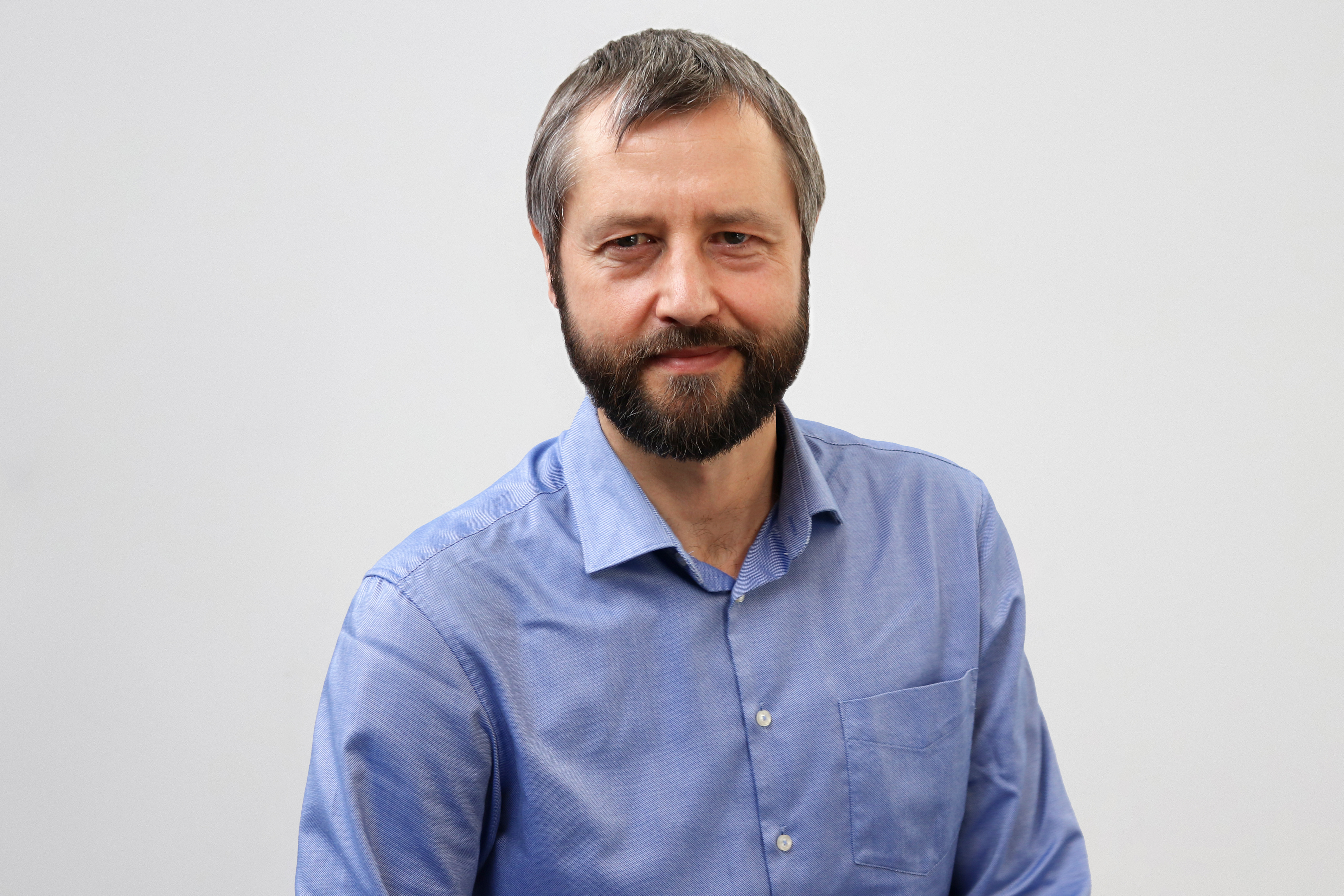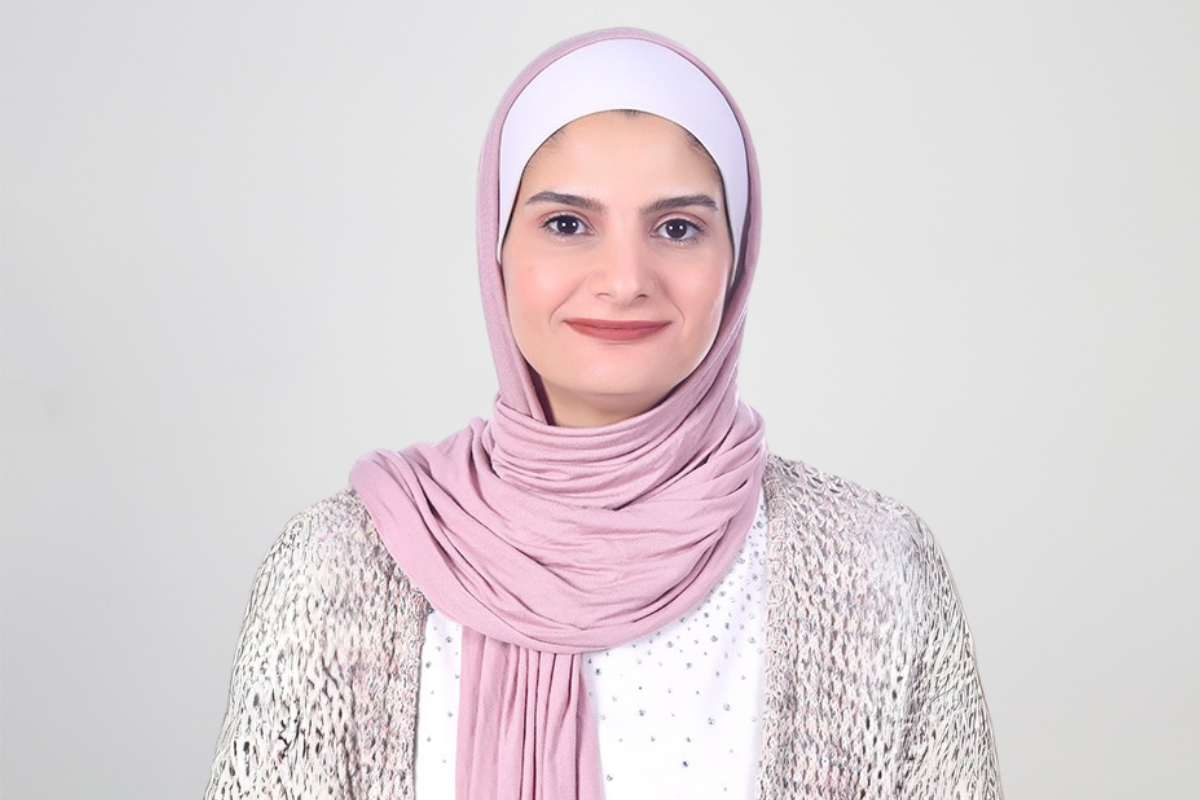Your cart is currently empty!
Manufacturing 4.0
The evolution of manufacturing is being shaped by the integration of advanced technologies like IoT, AI and robotics – driving efficiency and innovation across the industry to transform traditional manufacturing processes.
Our research in Manufacturing 4.0 focuses on harnessing these technologies in monitoring systems and circular design for composite materials to improve production quality, reduce waste, and optimise resource use. By creating smart, interconnected manufacturing systems, we aim to address long-standing challenges in the industry, such as cost management, production speed, and adaptability to market demands.
Composite metals-based manufacturing holds great importance within HERA’s membership as they are the vital contributors to the fabrication of structures, bridges, plants, tanks, pipelines, equipment, and defence assets.

An ACM CRC funded project
About the rangahau
Leading the way in digital transformation for circular design.
This research is part of the groundbreaking $250 million program under ACM CRC – Australian Composites Manufacturing CRC initiative, which is driving engineering excellence, intelligent automation and advanced technology implementation.
As one of 27 research partners, HERA is collaborating with the University of Sydney (USYD) and the Australian Nuclear Science and Technology Organisation (ANSTO) to establish an AI-based monitoring system that assesses the quality of manufactured composite products, including steelwork, and to explore circular design innovations.
This collaboration also offers a unique opportunity to harness the world’s leading research teams, and has strong synergy with other HERA initiatives, such as our $10.3 million MBIE Endeavour funded project titled “Construction 4.0- an industry 4.0 transformation of the Aotearoa New Zealand construction sector” and our material passport research.
Our key sub-projects
AI based monitoring systems
This research aims to establish an AI-based monitoring system for assessing the quality of manufactured composite products, including steelwork. This system will optimise inspection requirements and manage compliance risks through extensive big data analysis. The project also encompasses the collection and analysis of productivity data and in-service health monitoring.
Most of the products fabricated by HERA members are safety-critical, necessitating compliance with underlying fabrication and quality management standards. AI-optimised inspection has the potential to significantly reduce compliance risks and minimise inspection efforts by reducing human involvement.
A particular focus is AI-based optimisation of NDT for steel fabrication which involves the development of AI tools to assess and predict fabrication defects, using statistical analyses to understand the relationship between fabrication variables and structural integrity. The project aims to enhance the overall efficiency of the fabrication process through advanced data-driven inspection approaches and will focus on defining inspection requirements for fillet and partial penetration welds as used in demand critical applications such as moment resisting connection and bridge sections.
This research will result in the development of optimised inspection guidelines tailored to specific fabrication scenarios, improving safety, reliability, and compliance across the construction industry with reference to AS/NZS 5131.
Innovative metal composites linked to circular design
Opportunities exist in adopting a holistic approach to the entire manufacturing cycle where AI-based technologies can drive innovative strategies and create unique value in Circular Design 4.0.
Our sub-project titled ‘Innovative metal composites – Additive Friction Stir Deposition of Aluminium/Steel: manufacturing, recycling and reuse, explores the possibilities of additive manufacturing and sustainable practices. It delves into the integration of circular design principles with critical activities such as student training, literature review development, and detailed analyses of sample manufacturing, including microstructure, mechanical properties, and residual stress characterisation. The outcomes will include two journal publications, one PhD thesis, and the development of novel 3D printing techniques capable of reusing or recycling materials, all aligned with Circular Design 4.0 principles.
This work aims to tackle some of the key challenges in sustainable manufacturing by exploring recycling, repair and reuse possibilities for these materials for structure applications. This research aligns closely with the principles of the circular economy and sustainable development, an exciting field of additive manufacturing and represents a significant step towards sustainable manufacturing practices, ensuring that materials are optimally utilised and environmental impacts are minimised.
Connection design for composite timber-steel structures
It is thought by leveraging Circular Design 4.0 in the structural design process, designers, manufacturers, and policymakers can make more informed decisions, optimise resource usage, reduce material waste, and create products that are more sustainable and aligned with the principles of the circular economy.
Technologies that will be explored for adaption and implementation include big data analysis, artificial intelligence algorithms and machine learning algorithms, as well as potential design assistance tools to optimise design for both current and new connection types and sections.
One of the potential advances of implementing such proposed techniques will be the optimisation of the assembly and disassembly of structural elements. This will not only improve waste control and environmental protection but also minimise damage to existing structural elements (through optimised connection design) and potentially create a new way of constructing infrastructure (through re-use of old structural elements from demolished buildings).




